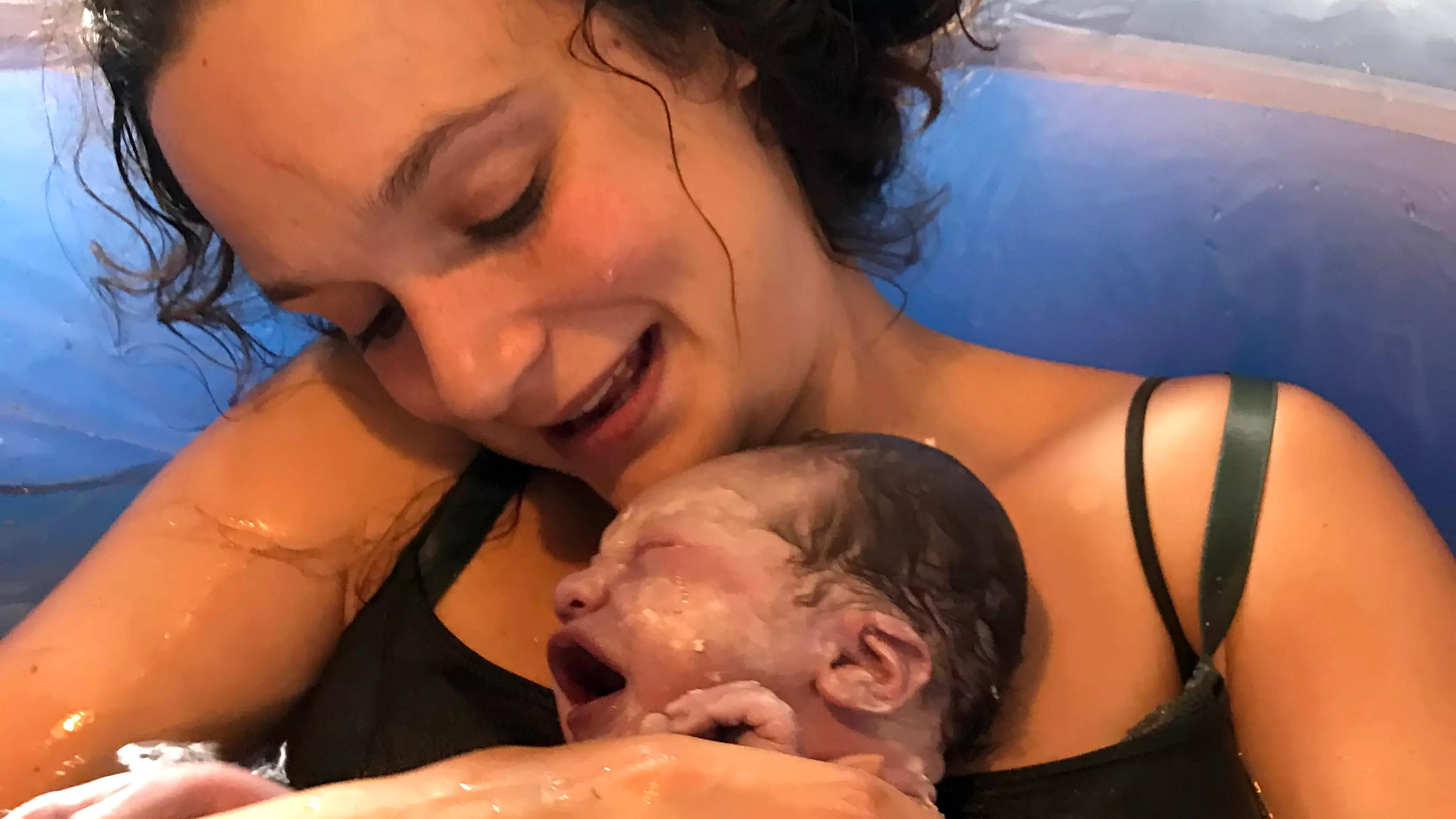
A mum has opened up on her struggles with 'breastfeeding dysphoria' in a bid to raise awareness of the condition and get others to speak out too.
The rare condition caused 31-year-old Deena Todd from Yeovil, Somerset, to feel intense dread while she nursed both of her children.
Every time she breastfed her firstborn, Isla, now five, Deena also felt strong feelings of homesickness and anxiety which left her in tears.
Advert
But the mum says doctors dismissed her symptoms as postnatal depression, despite her only feeling them just before she was due to breastfeed.
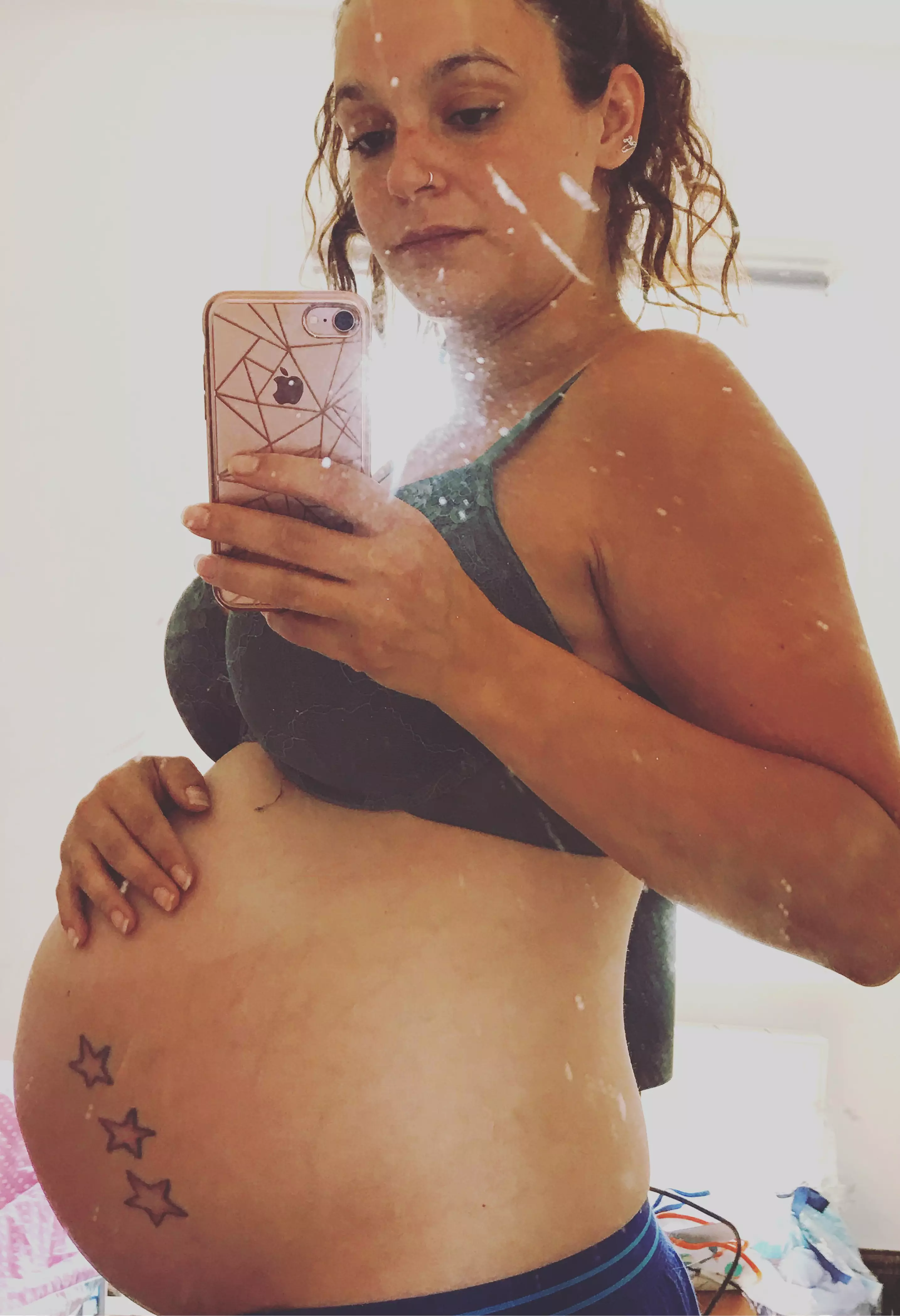
After trawling the internet for answers in 2013, Deena discovered dysphoric milk ejection reflex (D-MER), which is an anomaly of the milk release mechanism in lactating women which causes them to feel intense feelings of dysphoria just prior to their breasts releasing milk due to hormonal fluctuations.
The D-MER diagnosis was confirmed when she suffered the exact same symptoms after the birth of second child Koby, now eight months.
Advert
Deena hopes that speaking out will raise awareness of the condition, which she claims is almost unheard of in UK medical circles.
"When your milk is let down your body is supposed to release feel good hormones to help with bonding, but if you have dysphoric milk ejection, your dopamine drops, which causes the dysphoria," explained the mum-of-two.
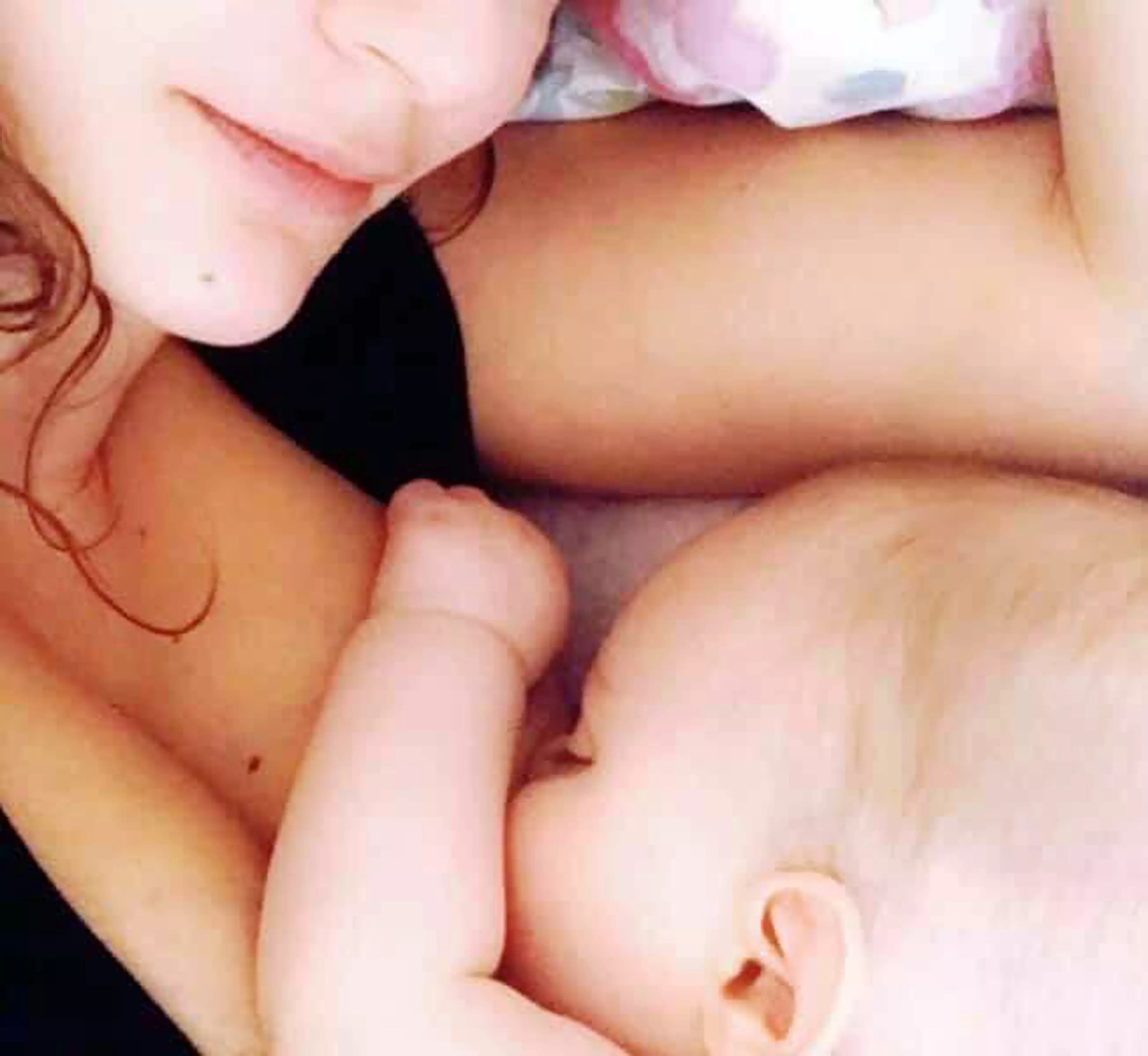
Dopamine gets involved because in inhibits prolactin, which is what makes the milk. For prolactin levels to rise to make more milk, dopamine levels must drop.
Advert
When a new mother has D-MER, her dopamine will drop faster than usual, which is what causes the negative feelings.
Deena continued: "The first time it happened was in hospital when I fed my daughter for the first time.
"Initially I just felt the most intense bout of homesickness, I went to boarding school throughout my childhood and it was like the first day of that all over again.
"Then this intense feeling of dread kicked in, it's hard to explain but other mothers I know have described it as like killing a family dog.
Advert
"After that, I would get severe bouts of anxiety, depression and homesickness every time I breastfed, which I started associating with my daughter.
"It got so bad that when I knew I was going to pump, or breastfeed, I would just burst into tears knowing the feelings would come back.
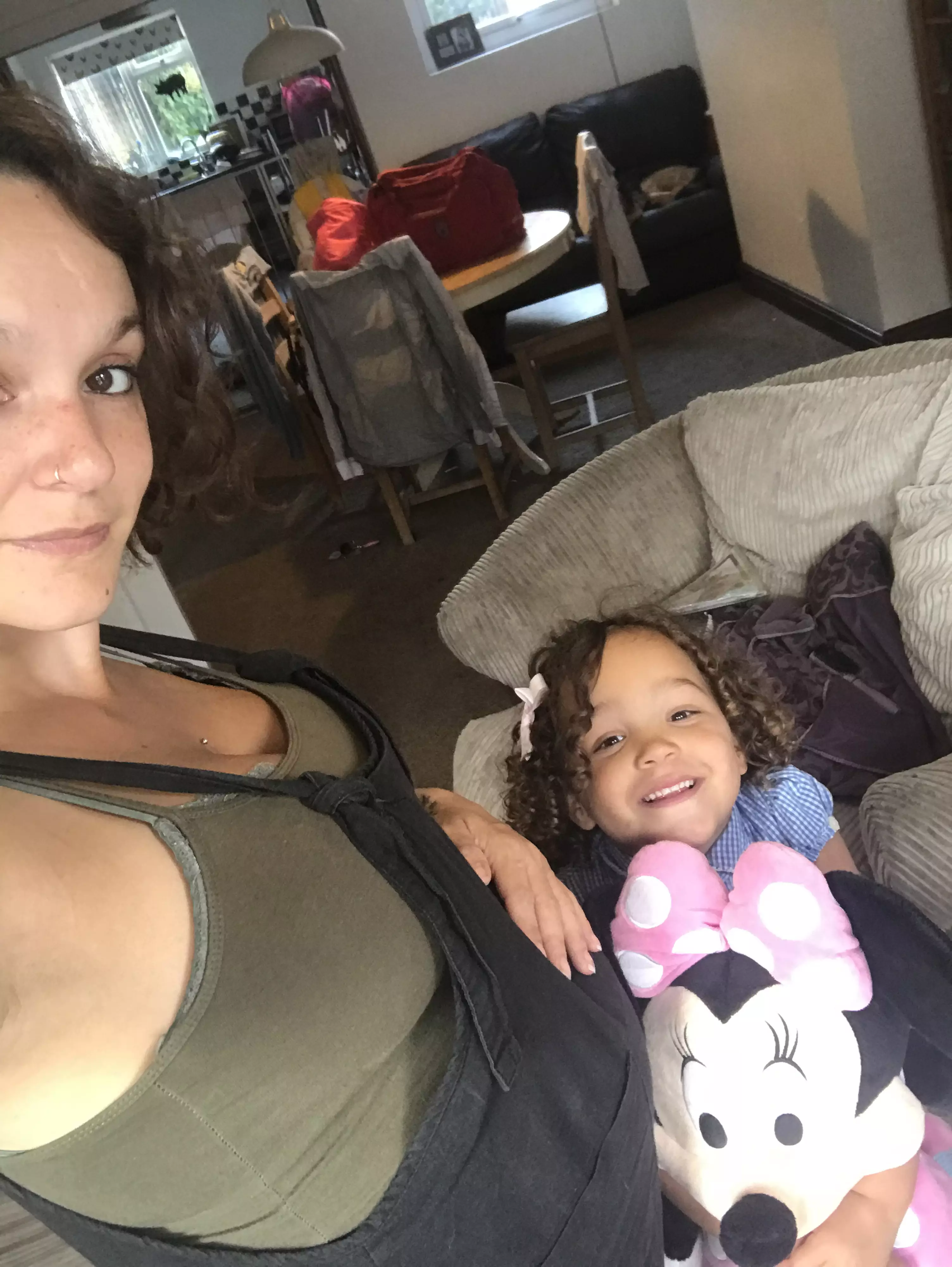
"These feelings only came on as I was breastfeeding, and right before I started but before I knew it was a condition I just thought it was a normal way that a woman felt after having a baby.
Advert
"I knew I had to care for my daughter, but I also worried that the feelings wouldn't go. D-MER stopped me from being able to feel like a mum."
Deena says that D-MER left her doubting her parenting skills.
She added: "By the time I knew that what I was feeling was a genuine condition, the damage had been done, and I had already started to feel like I regretted having a daughter.
"Once I realised that it was normal, and I had a name for how I was feeling, I knew it would pass and it felt amazing, I was just so relieved."
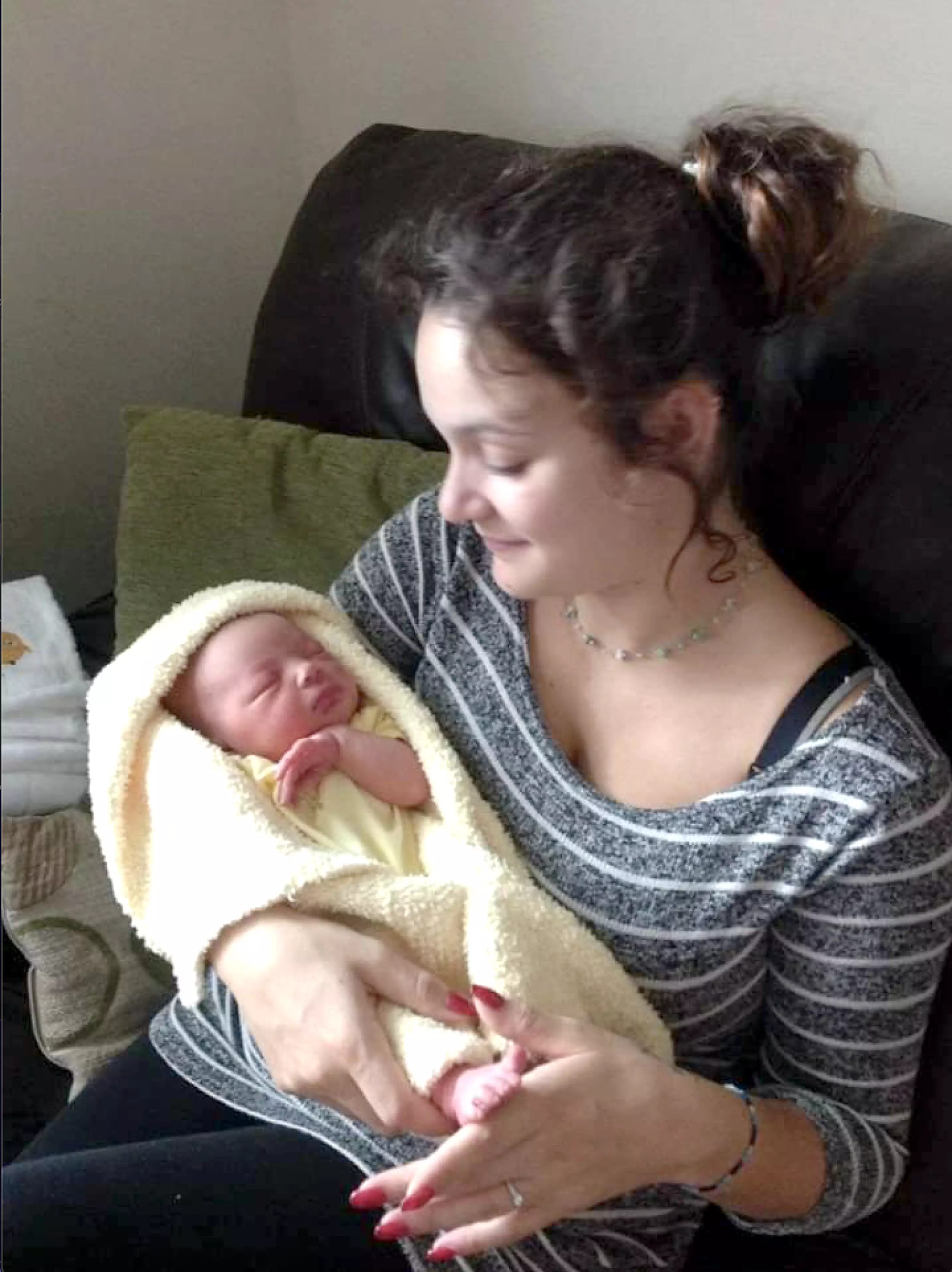
While digging online for answers, Deena came across scores of forums filled with other women with D-MER. She realised she was not alone and it was nothing to do with her skills as a mother.
Deena said: "D-MER made me feel like a bad mother, or that I shouldn't be one.
"The problem with the condition is that because nobody knew anything about it, I thought it was me. I didn't know it was a condition and doctors brushed it off.
"There's nothing you can do to medicate this specific condition, you have to find your own way out, but it's all about understanding why it's happening and realising that it will go when you stop nursing."
She added: "When I had my second child, Koby, I knew what was wrong with me when I was breastfeeding, which made everything so much easier, I wasn't scared, I had my own coping mechanisms.
"We really need more doctors to know what this condition is, there will be mothers sat at home now who feel like they shouldn't be mums.
"When I knew I was going to be speaking about it I posted on the forums I'm a member of asking everyone what they wanted people to know about this condition.
"Everyone just said we need exposure, we need more health professionals to understand the condition."
Symptoms of Dysphoric Milk Ejection Reflex include: .
• Hollow feelings in the stomach
• Anxiety
• Sadness
• Dread
• Introspectiveness
• Nervousness
• Anxiousness
• Emotional upset
• Angst
• Irritability
• Hopelessness
• Something in the pit of the stomach
For support and advice on the condition, visit D-MER.org here.
Topics: Breastfeeding, Life News, Mum, Real, Health